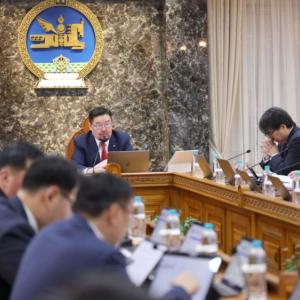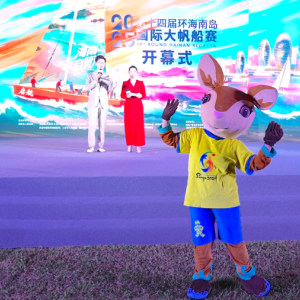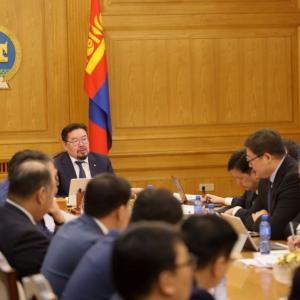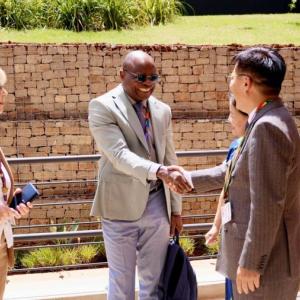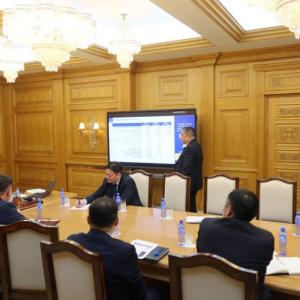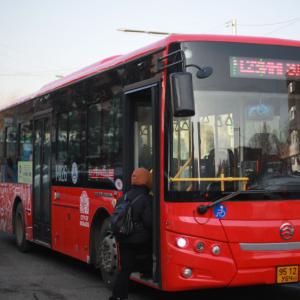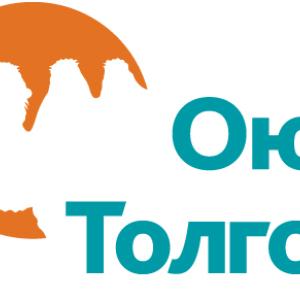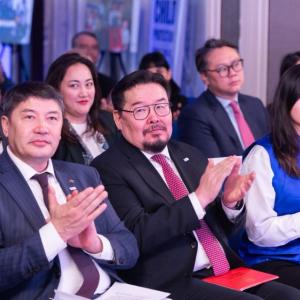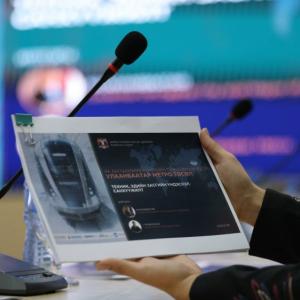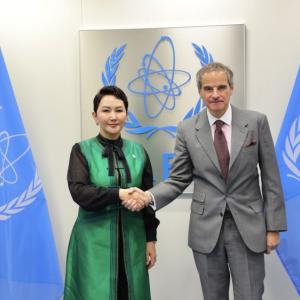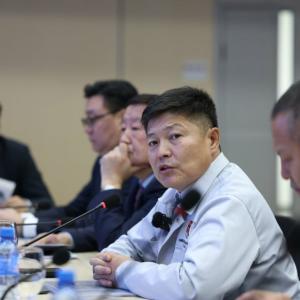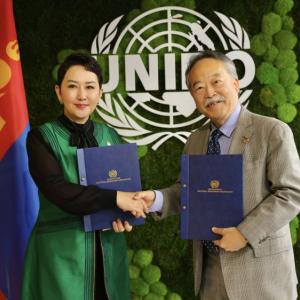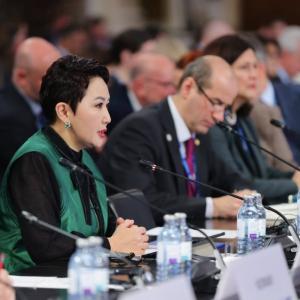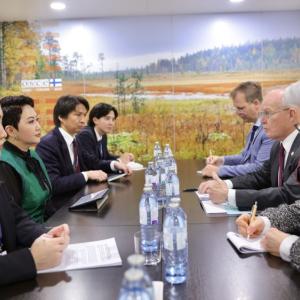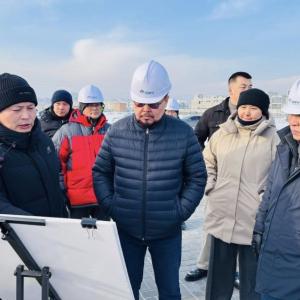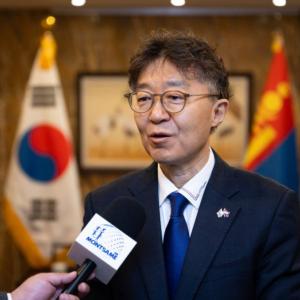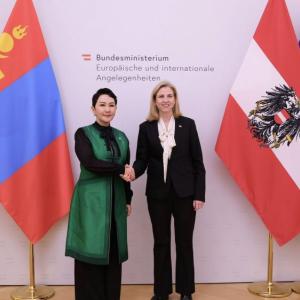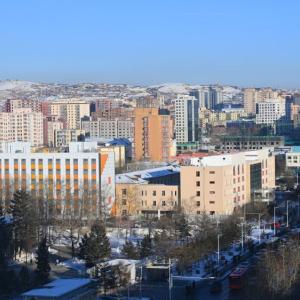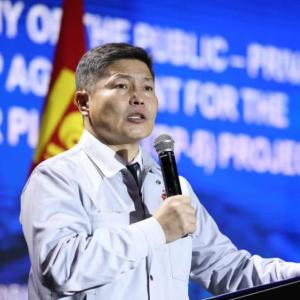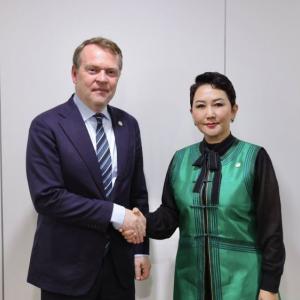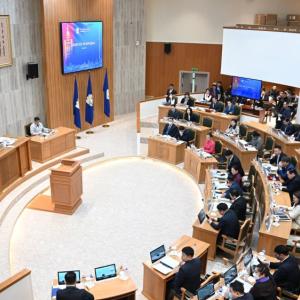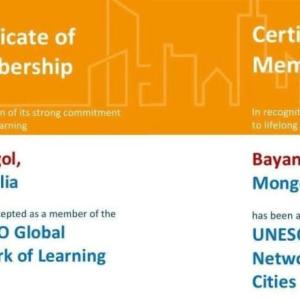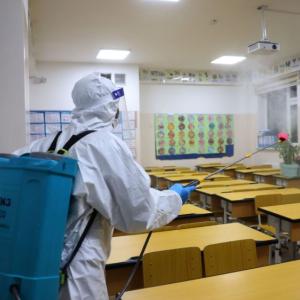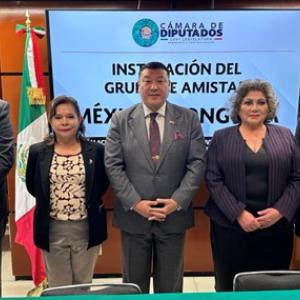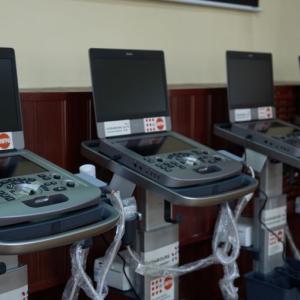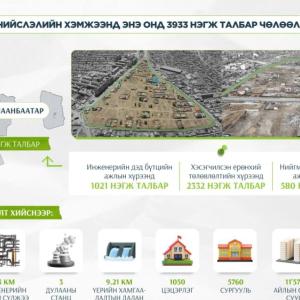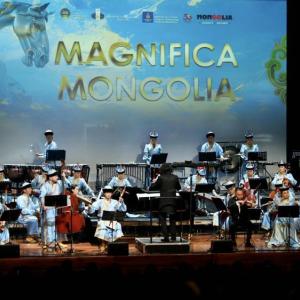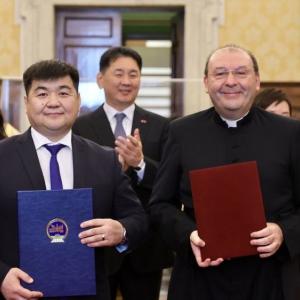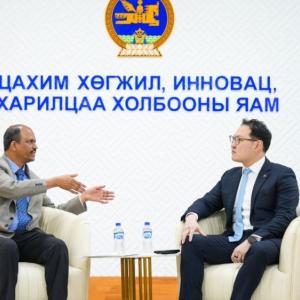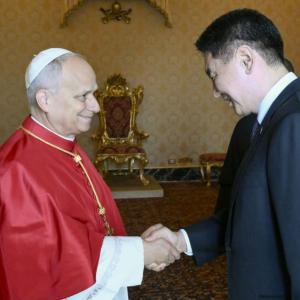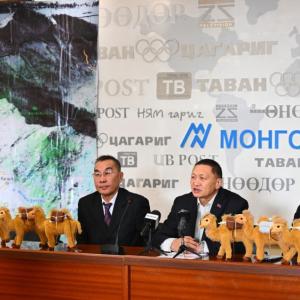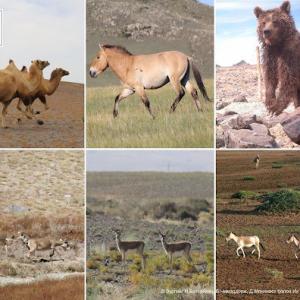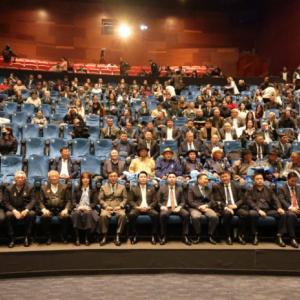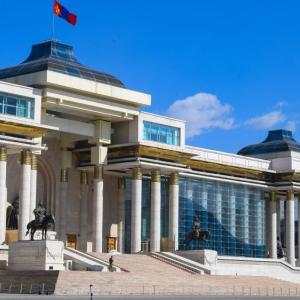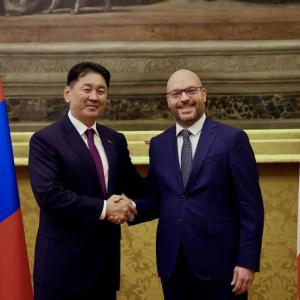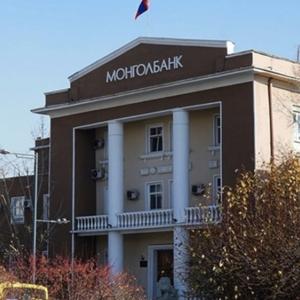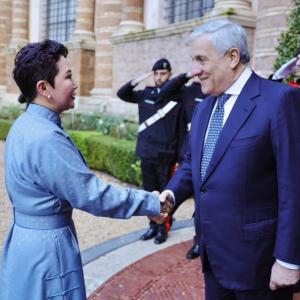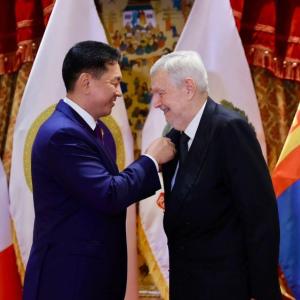Mongolia Hosts the “Early Childhood Development, Education, and Research” International Conference
Society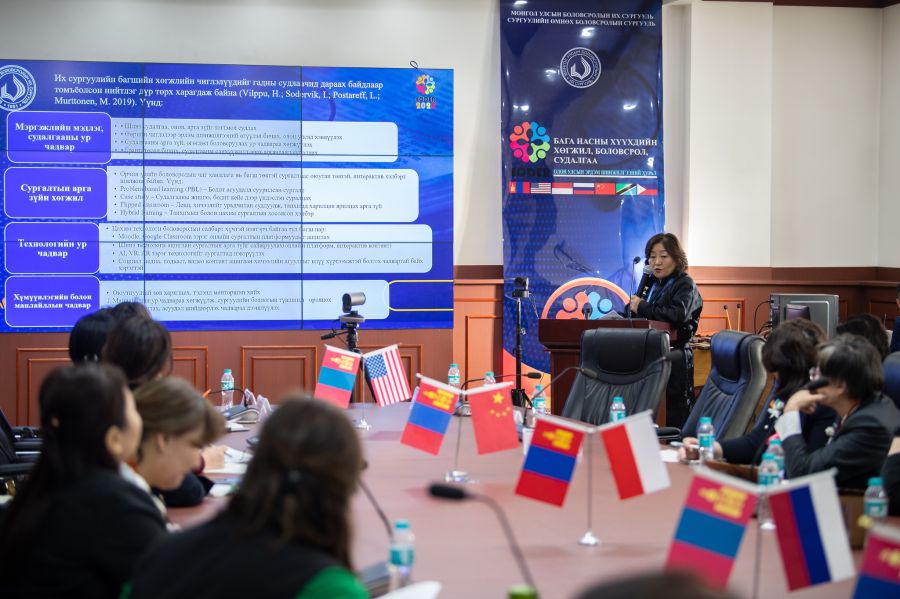
Ulaanbaatar, February 24, 2025 /MONTSAME/. The “Early Childhood Development, Education, and Research-2025” International Academic Conference was successfully held in Ulaanbaatar, the capital city of Mongolia, on February 21, 2025, for the second consecutive year. The Conference was attended by scholars and researchers specializing in early childhood development and education from countries such as the United States, the Russian Federation, the People’s Republic of China, the Philippines, Indonesia, and Tanzania, who shared their scientific knowledge, research findings, and professional expertise. In line with the characteristics of 21st-century learners and the alpha generation, the School of Preschool Education at the Mongolian National University of Education (MNUE) has updated its curriculum to reflect global trends in early childhood education.
The Conference will play a vital role in addressing pressing issues in preschool education through evidence-based research. It serves as a platform for exchanging innovative ideas and best practices, providing an opportunity to discuss developmental trends, current challenges, and potential solutions while fostering international collaboration aimed at enhancing the accessibility, quality, and methodologies of early childhood education. The Conference stands as a basis for strengthening research capacity, supporting the professional development of teachers, and accelerating the overall progress of the preschool education sector.
 Dr. P. Tumendemberel, Head of the Department of Pedagogy and Psychology at the School of Preschool Education of the Mongolian State University of Education, emphasized, “This Academic Conference is vital as it focuses not only on sectoral policies but also on the development of children and the professional growth of teachers. Since 2022, our faculty members and graduate students have jointly conducted a pilot study on school readiness assessment criteria for five-year-old children. Over 140 children from urban and rural areas participated in the social-emotional questionnaire. The study revealed that the self-management, emotional expression and empathy of children vary between city, aimag, soum, and district kindergartens, influenced by factors such as curriculum design, teacher interaction, and language development.”
Dr. P. Tumendemberel, Head of the Department of Pedagogy and Psychology at the School of Preschool Education of the Mongolian State University of Education, emphasized, “This Academic Conference is vital as it focuses not only on sectoral policies but also on the development of children and the professional growth of teachers. Since 2022, our faculty members and graduate students have jointly conducted a pilot study on school readiness assessment criteria for five-year-old children. Over 140 children from urban and rural areas participated in the social-emotional questionnaire. The study revealed that the self-management, emotional expression and empathy of children vary between city, aimag, soum, and district kindergartens, influenced by factors such as curriculum design, teacher interaction, and language development.”
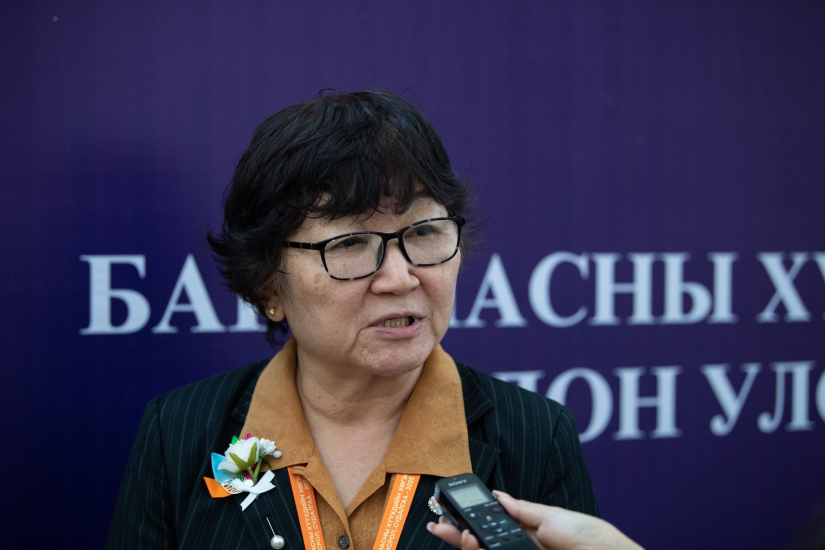 Ts. Gereltuya, Program Director of “One Sky” in Mongolia, a US-based organization, noted, “Parental involvement is important in early childhood development. We have been implementing parent-focused activities since 2018. Research has consistently shown that the first 1,000 days of life, a period crucial for brain development, are heavily impacted by parental interaction and engagement.”
Ts. Gereltuya, Program Director of “One Sky” in Mongolia, a US-based organization, noted, “Parental involvement is important in early childhood development. We have been implementing parent-focused activities since 2018. Research has consistently shown that the first 1,000 days of life, a period crucial for brain development, are heavily impacted by parental interaction and engagement.”


 Ulaanbaatar
Ulaanbaatar





